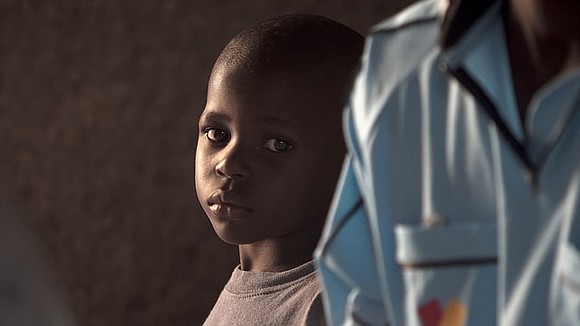Governor Larry Hogan today enacted an emergency order to expand child care access to child care for critical personnel during the state of emergency. This will help ensure that child care services are available for providers of health care, emergency medical services, and law enforcement personnel while schools are closed to prevent the spread of COVID-19.
“Our state has taken major and unprecedented actions to protect the health, the safety, and the welfare of the people of Maryland,” said Governor Hogan. “As we continue to operate under a state of emergency, we are committed to doing everything in our power to maintain our essential services, including child care, especially for those who are on the front lines helping us combat this public health threat.”
As part of the directive she issued on Thursday, State Superintendent of Schools Karen Salmon announced that plans would be developed to ensure that the children of emergency services personnel have access to childcare throughout during a prolonged period of school closure. This order gives the Maryland State Department of Education (MSDE) the flexibility to work with regional and local officials to quickly and effectively make child care services available that adhere to public health guidelines.
Read the governor’s emergency order.
Enhanced Guidelines for Child Care Programs
Additionally, Superintendent Salmon has issued enhanced guidelines for child care programs and day care facilities to follow to prevent the spread of COVID-19.
“Every child care and day care provider in our state is essential to our mission of maintaining essential services in this time of crisis,” said Dr. Salmon. “We are providing these guidelines to make sure that child care programs can continue to operate while helping to prevent the spread of COVID-19.”
Child care programs must take extraordinary precautions beyond what is normally recommended to prevent the spread of the COVID-19 virus, including:
Mandating social distancing and keeping children in small groups (no more than 10 children clustered in an activity): absolutely no large group activities.
Instructing staff to monitor for symptoms, and stay home if they are sick.
Instructing parents/guardians to keep children home if they or any member of the household exhibits symptoms.
Mandating frequent hand washing with soap and water for at least 20 seconds, especially after going to the bathroom, before eating, and after blowing one’s nose. Teachers should help young children do the same. If hands are visibly dirty, use soap and water to clean hands.
Providing children with soap and water to wash hands; adults may use an alcohol-based hand sanitizer with at least 60% alcohol, but this is very toxic to children.
Advising persons to avoid touching their face (especially eyes, nose, and mouth with unwashed hands).
Increasing the early childhood program’s cleaning and disinfection routine to multiple times per day, while being careful with children in the near vicinity. Emphasizing cleaning and disinfecting frequently touched objects and surfaces.
Covering coughs or sneezes with a tissue, then throwing the tissue in the trash and cleaning hands with soap and water or hand sanitizer (if soap and water are not readily available).
Providing adequate supplies for good hygiene, including clean and functional handwashing stations, soap, paper towels, and alcohol‐based hand sanitizer.
Restricting field trips. Restricting outside visitors and volunteers
Special processes beyond routine cleaning are not necessary nor recommended to slow the spread of respiratory illness. Programs should follow standard procedures for cleaning as recommended below by the Environmental Protection Agency (EPA). Typically, this means daily sanitizing surfaces and objects that are touched often, such as bathrooms, water coolers, desks, countertops, doorknobs, computer keyboards, hands‐on learning items, faucet handles, phones and toys.
The State of Maryland is continuing to operate under a state of emergency, and all levels of government are taking a comprehensive, collaborative approach to keep Marylanders safe. The list of ongoing state actions is available at governor.maryland.gov/coronavirus.
For health resources regarding COVID-19, Marylanders should visit health.maryland.gov/coronavirus
